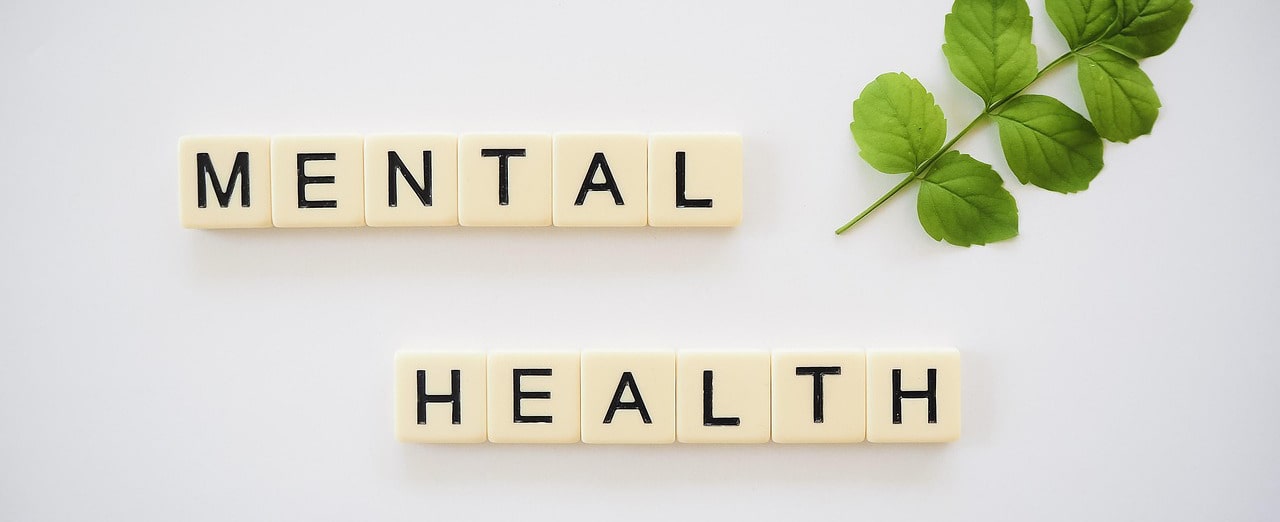Everyone Deserves Access To Mental Health Care
Understanding my own privilege has been a journey through the years. I honestly thought for years I wasn’t privileged because I grew up in a lower middle-class family. Though, I didn’t truly feel I had less than anyone until I began attending school with other students who were from “wealthy” communities. Still, I had no idea the amount of privilege I had because of my skin tone. I had much to learn and still do.
When I began struggling as a teenager with my own mental health, I was able to access care relatively easily. It wasn’t the highest quality care, but it was there. There were no concerns about transportation for care and I didn’t need to worry about whether I could find a therapist that I would feel comfortable relating to. I was privileged and had no idea, I still am.
July is National Black, Indigenous and People of Color (BIPOC) Mental Health Awareness Month. I’m not proud to admit that I was unaware of this observation. In fact, it seems many are not. I asked around and no one knew that it even existed. Health Equity is often overlooked but still a major problem today. There are many obstacles to mental health for the BIPOC communities including inadequate health insurance coverage, cost, lack of access to treatment and finding providers from one’s racial or ethnic group. Moreover, cultural stigma and historical abuse by healthcare institutions adds further roadblocks. Language barriers can be another significant issue with access to care.
So, how do we bridge the gap for the BIPOC community with mental health? Below are a few ways we can support our BIPOC friends and family who are facing barriers with mental health care.
- Learn about other’s mental health experiences.
- Educate yourself and others about mental health and the barriers faced by the BIPOC community.
- Utilize facts when responding to misconceptions or negative comments.
- Talk openly about mental health and your own experiences.
- Let them know that seeking help is a sign of strength.
- Pledge to be stigma free by joining NAMI’s StigmaFree campaign to help end the stigma for those with social and systemic barriers. Pledge to Be StigmaFree | NAMI: National Alliance on Mental Illness
- Learn more about health equity and what you can do: 5 ways to take action and support BIPOC mental health - IDONTMIND
For those working in the mental health field:
One road to medical equity with mental health treatment is telehealth. Telehealth visits can remove barriers of access and transportation while also providing treatment sooner. Consider providing telehealth options in your practice if you are not already. For more information on telehealth visit: Telehealth for the Treatment of Serious Mental Illness and Substance Use Disorders (samhsa.gov)
Providing culturally responsive care is another way to help advance health equity for BIPOC. Traditional forms of therapy are not always designed with cultural humility in mind and can perpetuate systemic barriers for mental health care. For more information on how to improve cultural competence here’s a free download from the Substance Abuse and Mental Health Services Administration (SAMHSA) Improving Cultural Competence Quick Guice for Clinicians - Based on TIP 59 (samhsa.gov)
Further Resources for you or someone you care about who needs help:
Our 590 Crisis Cares Walk-In Clinic can help with crisis or resources and accepts any insurance and uninsured individuals. For locations and hours visit link below:
Family Service Association | "590 Crisis Care" (fsaelgin.org)
Resources to Recover has resource specialists who can help find resources specific to BIPOC:
BIPOC Mental Health Resources | Resources to Recover (rtor.org)
If you would like to learn more about supporting BIPOC mental health visit:
Supporting diverse communities | AFSP
Prioritizing Minority Mental Health | Health Equity Features | CDC
Black Indigenous and People of Color (BIPOC) Mental Health Fact Sheet | Resources to Recover (rtor.org)
How Telehealth is Making Addiction Care More Equitable (rtor.org)


